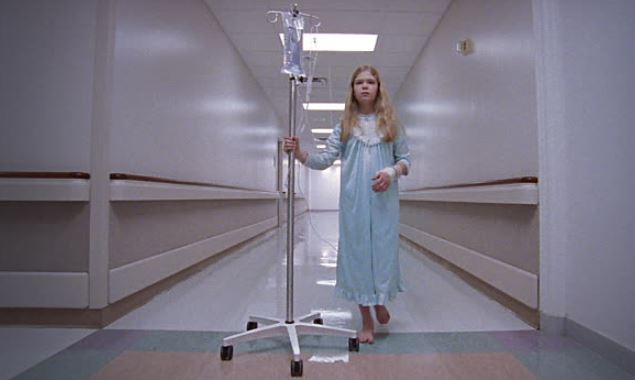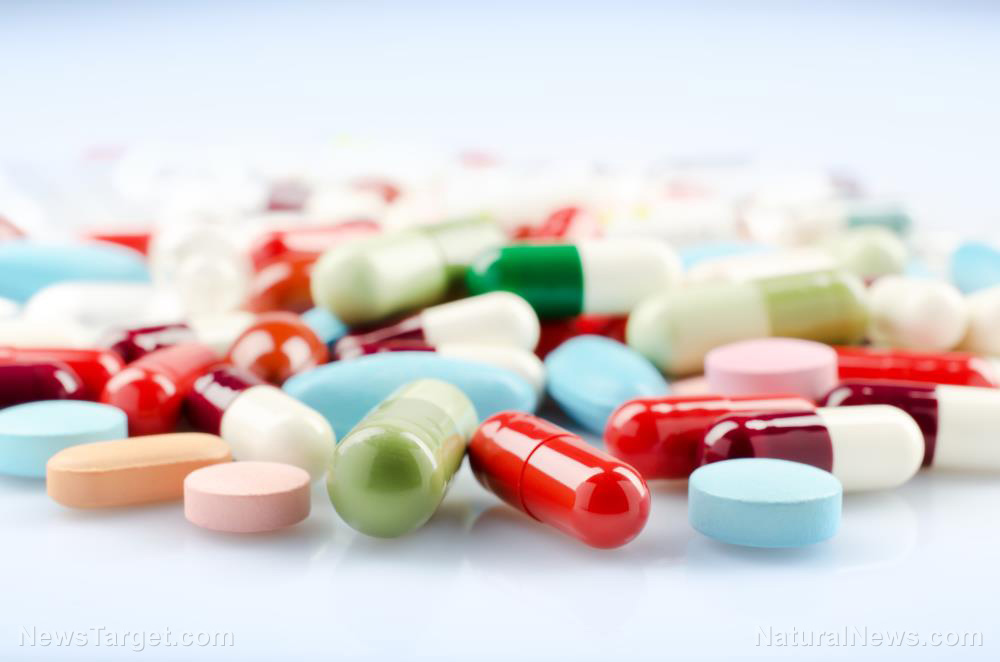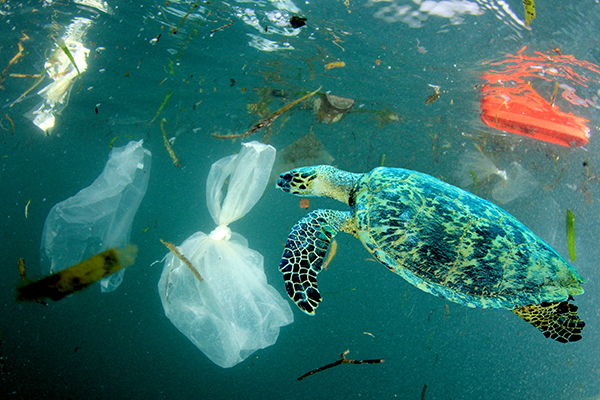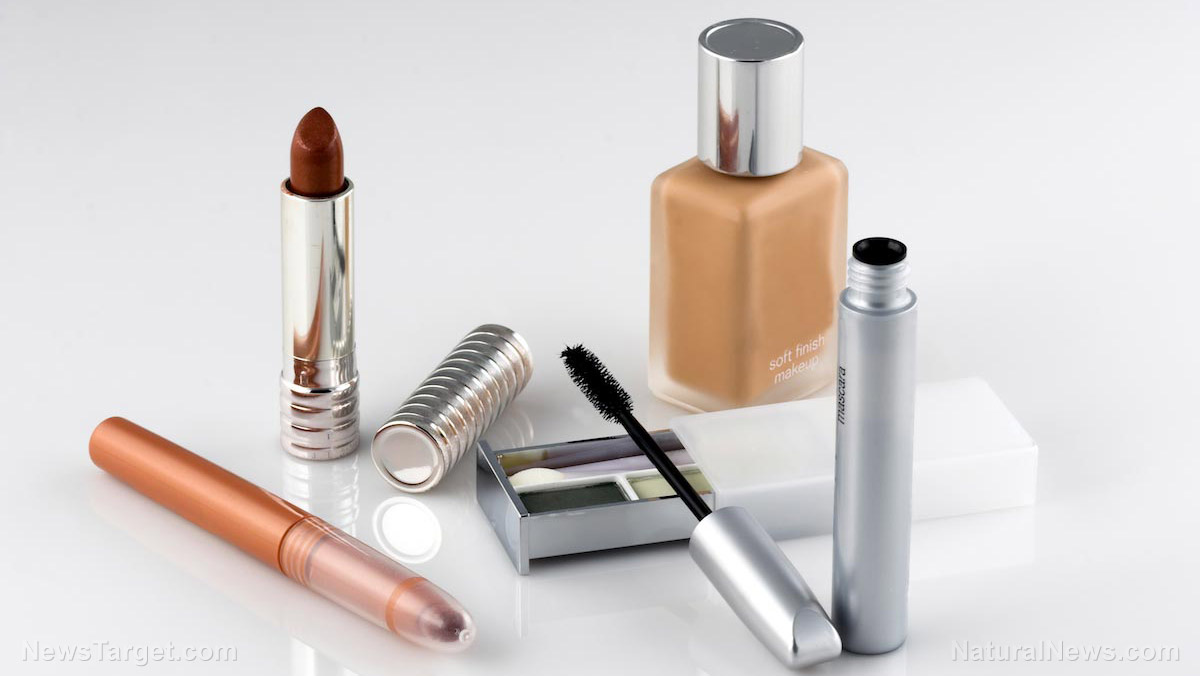Energy drinks cause BRAIN DRAIN: here’s how
08/10/2023 / By Ethan Huff
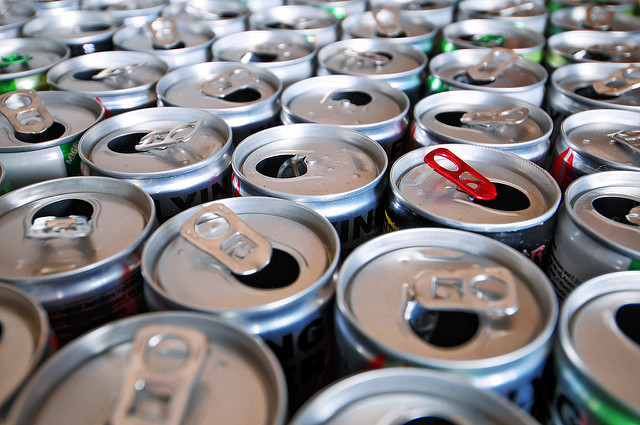
They are all the rage these days as increasingly more people are guzzling them down before class or before a rigorous workout at the gym. But just how safe really are popular energy drinks like Monster and Red Bull, not to mention the dozens of other fly-by-night brands that have appeared in recent years?
The answer is that these chemical-laden beverages are not that safe after all – and here’s why.
For one, most of them are loaded with caffeine, which Omar Eliwa, a registered pharmacists in Wisconsin, says “gives a false source of energy.”
“You’re getting more than what your brain can take,” Eliwa says. “It will be detrimental in the long-term to memory, the aging of the cells, depletion of nutrients, and it makes you not want to eat, so it affects metabolism as well.”
Yikes. Who would have thought that energy drinks could cause brain drain, considering they seem to perk people up and make them more alert? But it gets worse.
According to a 2020 study published in the Anatomy and Cell Biology journal, caffeinated energy drinks can cause neurodegenerative changes in the hippocampus, a brain region essential for long-term memory.
Then there is the excessive sugar and artificial sweeteners often found in energy drinks, which depending on their forms can cause insulin resistance. In turn, cells throughout the body, including brain cells, lose their ability to properly absorb glucose, which is how metabolic syndrome forms.
(Related: Did you know that many juices and soft drinks are loaded with toxic metals, which are also bad for the body and brain?)
Chemical food colorings and dyes in energy drinks linked to ADHD
If left to run its course, unchecked insulin resistance will eventually develop into brain degeneration in the form of dementia. And the increased oxidative stress, a 2021 study published in the International Journal of Molecular Sciences found, only further accelerates neurodegeneration.
“[Energy drinks] are often packaged in aluminum, a neurotoxin that has been linked to Alzheimer’s disease,” notes Dr. Aruna Tummala, an integrative psychiatrist at Trinergy Health and founder of Psychiatry 2.0.
Many popular energy drinks are also loaded with artificial food colorings like red dye 40, also known as Allura Red AC, that are banned in most parts of the world outside the United States.
These chemical colorings can decrease absorption of minerals like zinc and iron that are needed for proper growth and development. Not only that, but they also cause and exacerbate attention deficit hyperactivity disorder (ADHD) in children.
A 2012 meta-analysis found that around eight percent of children with ADHD experience symptoms associated with the consumption of artificial food dyes – symptoms that oftentimes go away, by the way, once a child stops consuming them.
Then we have all the fatigue, insomnia, and headaches that arise from consuming too many energy drinks. It is widely known and recognized that both sugar and caffeine cause a high followed by a crash. It can feel good at first, but then not so much.
Keep in mind that caffeine is also a diuretic. People who consume energy drinks before rigorous exercise absolutely must make sure they consume plenty of water and electrolytes to replenish, otherwise they could suffer from serious dehydration.
Regular consumption of caffeine is also linked to insomnia, according to Tummala, because it promotes wakefulness by increasing levels of histamine and glutamate, two neurotransmitters that disrupt sleep cycles.
“Energy drinks can increase the level of catecholamines, neurotransmitters involved in the body’s stress response,” reports further explain about the anxiety-inducing effects of energy drinks. “The spike in these chemicals increases heart rate and blood flow, triggering a fight-or-flight response in some people, leading to anxiety.”
There are better ways to perk up and keep up without having to resort to toxic energy drinks. Learn more at Superfood.news.
Sources for this article include:
Submit a correction >>
Tagged Under:
adhd, brain drain, brain health, caffeine, disease causes, energy drinks, fatigue, ingredients, insomnia, neurodegeneration, stop eating poison, toxins
This article may contain statements that reflect the opinion of the author
RECENT NEWS & ARTICLES
Chemicals.News is a fact-based public education website published by Chemicals News Features, LLC.
All content copyright © 2018 by Chemicals News Features, LLC.
Contact Us with Tips or Corrections
All trademarks, registered trademarks and servicemarks mentioned on this site are the property of their respective owners.

